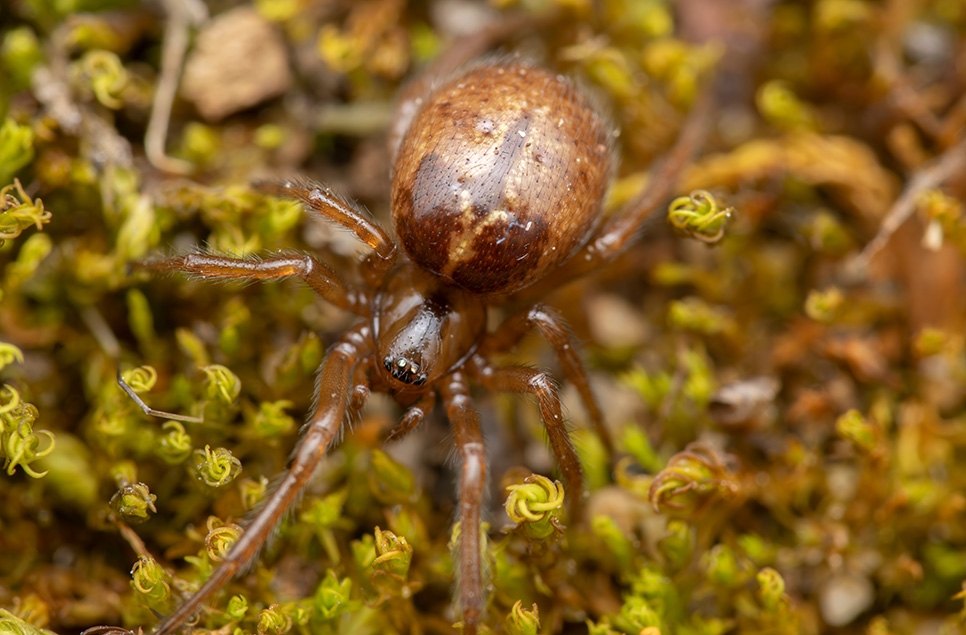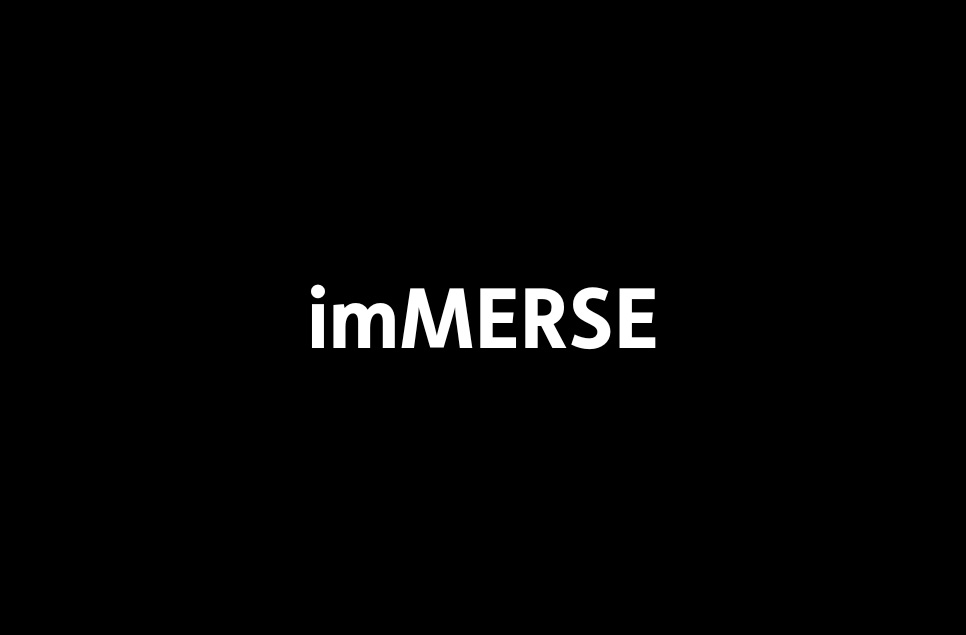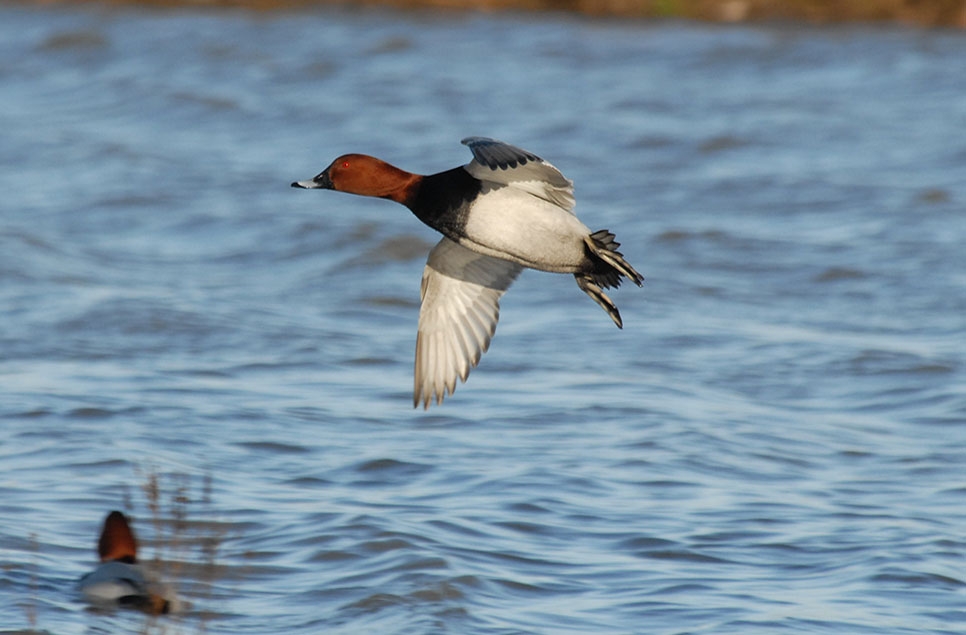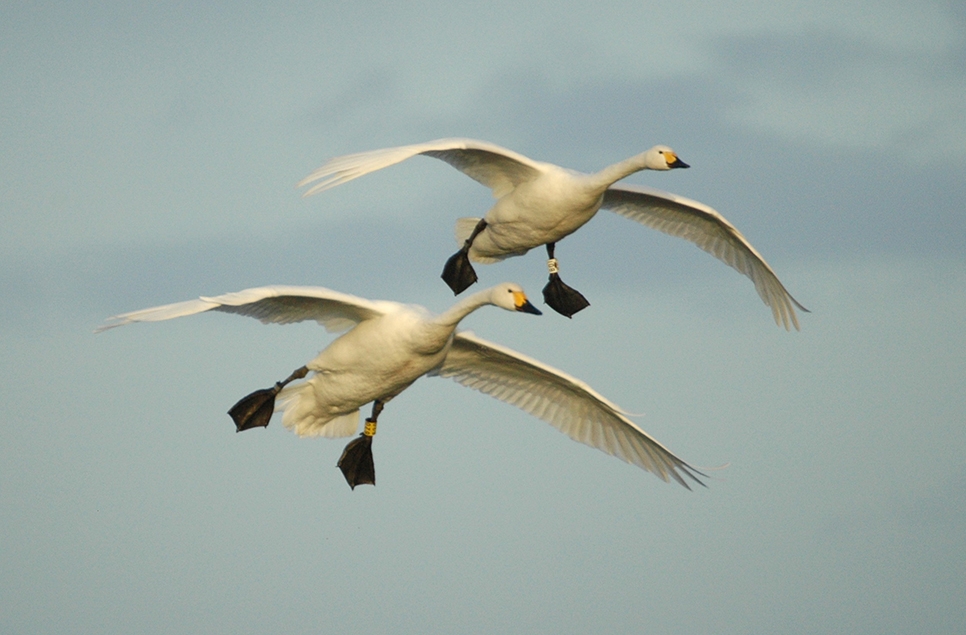Never mind the ballast - it's invasives week!
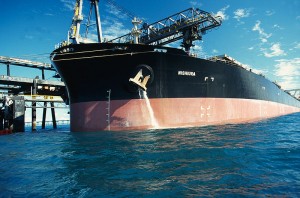
This week is Non-Native Invasive Species Week. It sounds a bit scary, but Britain’s wildlife really is under constant threat from foreign wildlife reaching our shores. It costs our economy more than £2bn per year to hold them at bay. Wetlands are particularly vulnerable because tropical plants released into Britain can outcompete our native wildlife and choke them of space, oxygen and food.
So how do they get here? There are several ways but, just think, right now you could be drinking coffee from South America while wearing clothes made in South East Asia, and reading this on a device made in the USA or China. Your lifestyle is only possible due to the thousands of container ships ploughing across our oceans on a daily basis, taking products around the world from one port to another. And often, that’s not all they’re carrying, as WWT's Government Affairs Officer Hannah Freeman explains:
We humans have proved we can thrive anywhere on the planet. But we're not the only species capable of doing so. Having conquered the earth and sea, we are now transporting other resilient, adaptable, non-specific species around the world who are wreaking havoc in the absence of predators or pathogens.
Each day some 3000 species are transported in ship ballast or on ships’ hulls. Ballast water is taken onboard ship when the ship is empty, and emptied usually in ports when the ship is filled. This water can contain millions of creatures and pathogens, including, for example, cholera. Although most perish on route there are those that survive and find the waters where they are discharged to their advantage and thrive to the detriment of native species.
Of the 54 invasive non-native invertebrate species identified by Buglife as currently posing the greatest threat to biodiversity in Britain, 23 (43%) may have been or could in future be introduced via ballast water.
Shipping patterns are undergoing changes, and are expanding in volume, frequency and coverage. Specifically, the opening of new, northern shipping routes with the reduction of Arctic ice cover will raise the threat of ballast water introductions from previously blocked geographical areas, augmenting the continuing arrival of species along established commercial shipping routes.
Yet our knowledge of marine invasive non-native species is extremely limited and there are few marine species specific risk assessments. It is practically impossible to eradicate marine and aquatic invasive non-native species once they have established. It is thus imperative that we do our utmost to prevent their arrival and export in the first place to avoid their potential large scale negative impact on native biodiversity and the economy.
We need strict controls in place to limit the spread of invasive non-native species by ballast water, not only into British waters but our responsibility to avoid transfer from British waters elsewhere. We have the mechanism to do this through the International Maritime Organisation Ballast Water Management Convention, and yet the UK refuses to ratify.
If the UK ratified, the Convention would come into force worldwide providing valuable pathway control for marine, coastal and estuarine invasive non-native species. The International Maritime Organisation has addressed most of the UK’s sticking points.
Many of Europe’s large maritime economies have ratified this convention, including Holland, Germany, France and Denmark. The UK should follow suit.
You can help to slow down invasive species by making sure you know what you grow in your garden, especially if you have a pond, and by making sure you clean, check, dry fishing and boating equipment etc you use around water.
